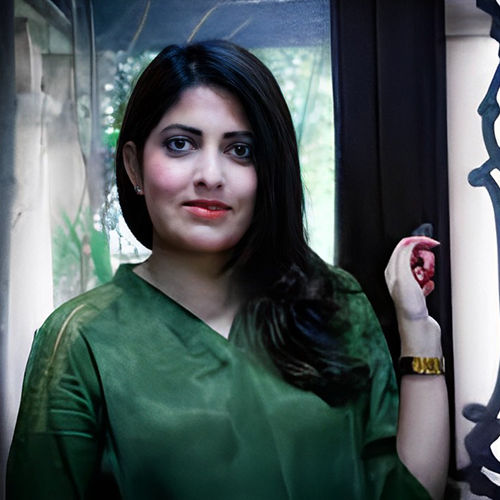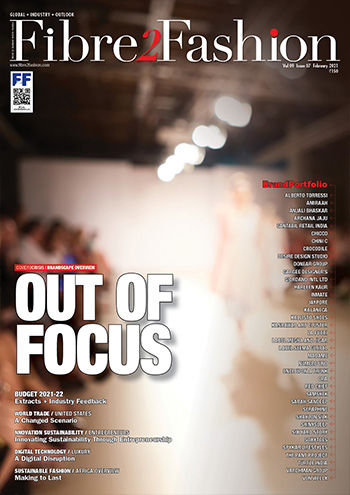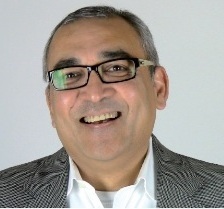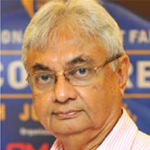Traditional wear with a touch of modern essence
Samatvam, a womenswear brand that blends age-old craftsmanship with modern sensibilities was conceptualised by Anjali Bhaskar during the pandemic induced lockdowns in 2020. Bhaskar shares details on her brand.
Fibre2Fashion: What is the story behind founding of the brand?
Anjali Bhaskar:
I launched the brand Samatvam (meaning equilibrium, balance and equanimity) to provide customers with a perfect blend of age-old craftsmanship and modern sensibilities. I chose the uncommon path of learning on the job, journeying through every minor detail and in the process learnt that god is in the details.
F2F: What categories is the brand into?
AB:
We are into womenswear.
F2F: Who are your target audience?
AB:
Our target audience are people from upper middle class, elite, fashion conscious women in age group of 25-50.
F2F: Which category sells the most? What is the price point of the clothes?
AB:
Our Indowestern/Indian line has the highest sales. The price point of our clothes is between Rs 15,000 to Rs 80,000.
F2F: What is the retail and web presence of your brand like?
AB:
Our physical store is in Bharat Nagar, New Delhi. Besides that, we are present on online platforms like Aza, Perniapopupshop, and also sell through our own website.
F2F: What is the USP of your products?
AB:
Our brand is represented as traditional wear with a touch of modern essence. Our clothes are adorned with hand embroidery, resham embroidery, aari work, mirror work and zardozi.
F2F: Which are your major markets?
AB:
Our major markets are India, UAE and US.
F2F: What kind of brand building strategies do you implement?
AB:
Our emphasis lies on quality control, revival of old clothes, offering modern silhouettes with traditional designs, customer satisfaction, eco-friendly approach towards the consumption of fabrics and raw materials. Tie-ups with actors who resonate with the brand for various events and occasions helps to put it in the correct spotlight.
F2F: Which other product categories do you plan to move into future?
AB:
We have recently introduced a range curated from plant-based fibres like eucalyptus, banana, aloe vera and orange in the loungewear line, which can be worn indoors as well as outdoors. We are also creating an Indian pret menswear line focussing on kurtas and bandhis.
F2F: What has been your growth story in the last three years (excluding 2020)?
AB:
Our brand has expanded its reach to UAE in the last year and a half through exhibitions and trunk shows. Our presence in the media has been strengthened through various articles and features on the brand. This has also increased our production capacity due to employment of more skilled karigars. Mid 2020, we have launched our maiden website, which is quite an achievement during Covid times.
F2F: What has been the impact of Covid in terms of sales, staff cutdown, rentals etc?
AB:
Our Pure line collection was a huge hit among our clients. It sold at least 100 pieces in the month of September. The Indowestern collection saw a rise post October 2020 due to lockdown restrictions being lifted and weddings taking place. We had no staff cutdown.
F2F: Where are your manufacturing facilities based at? If working with vendors, where are the vendors based at?
AB:
We are based in New Delhi, and our suppliers for fabrics are also Delhi based.
F2F: What is the annual production capacity?
AB:
We do not produce in large quantities but take per piece order. Our production capacity is around 5000 garments annually.
F2F: Sustainability and circularity are the buzz words today. How do you incorporate them into your product lines?
AB:
We make use of the leftover fabric and turn them into masks, small potlis, and dust bags for the clothes.
F2F: What are your long-term sustainability goals?
AB:
In the future, we hope to work with more eco-friendly plant-based fibres.


20230103183907.png)









_8.JPG)

